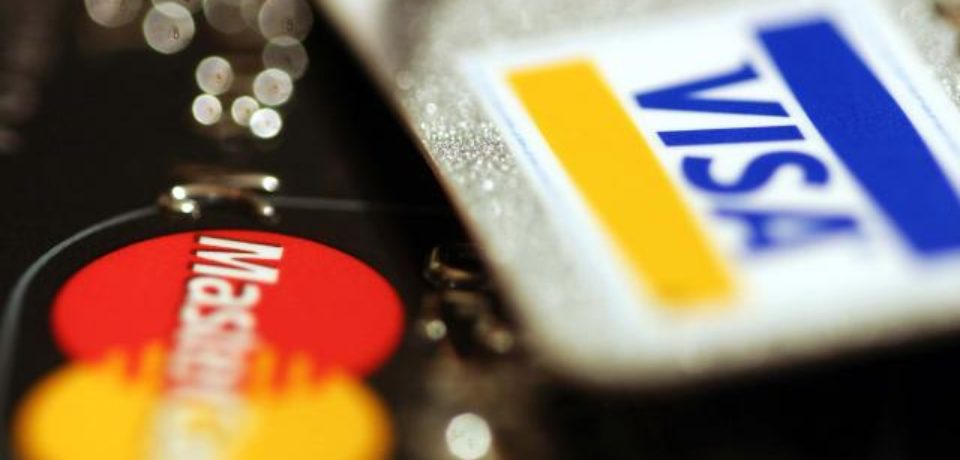Your credit score will usually have an effect on how you qualify for loans, how you get better rates, among other things. I doubt any loan companies ever grant a loan without reviewing the credit history of the person. Therefore, if you have made any financial mistakes in the past, know that it will have unfavorable effects on your credit report for a long time. Even so, credit cards to improve credit score can be a good idea. Check out the following tips to improve your credit.
Credit score is a three-digit number that ascertains if someone is eligible for a financial loan. This score also determines the rate of the interest and how high the credit limit is. 760 or over is considered a good credit score to get the best interest rates on any type of credit. However, this score may vary depending on the guidelines of the lender.
Building a Good Credit Rating
Any figure of over 700 is a good FICO score. In fact, an average debtor has a credit score between 600 and 700. When it comes to people with low credit scores, they find it difficult to increase their ratings. But for those that have no credit history, they face a different challenge altogether. These borrowers are mostly young professionals or students who are yet to build their own credit history. It is a struggle for them to acquire loans due to lack of history, which in turn losing them the opportunity of having credit cards to build credit as well as repay loans. Similarly, people who are going through bankruptcy usually have to start from zero. A bankruptcy situation permanently leaves a dent in the credit report. Still, you can rise from the fall if you seriously work on improving your credit history.
Keep a Few Credit Cards Only
The application process is the first step in building your credit history. Choose a credit card company that gives reasonable fees and interest rates. One good advice is to surrender some of your cards if you have more than four of them. The theory is that you can develop a habit of unnecessary spending if you own multiple credit cards. Instead, keep 2 to 3 credit cards to build credit. Try to maintain a spending limit of about 30 – 40% and make it a point to pay your debt on time. You see, going beyond your card limit is negatively looked upon by loan companies.
Apply for a Secured Loan
A secured loan is a fast way for credit cards to build credit. A home loan can also contribute to your credibility. But always make sure you do not forget your monthly payment. If you are diligent with your payments, a secured loan can pave the way for good credit rating. Your diligence in your credit payment will score points with the creditors. Be sure to pay at least the minimum amount punctually. However, you will need to pledge an asset to get a secured loan.
Keep Stable Job and Residence
It is vitally important for people who are just starting out. When lacking in any credit history, your creditor will determine if you are credit worthy from the nature of your employment. If you are able to keep your job for many years, you will get a high score from the lenders on creditworthiness, regardless of your income. The thing is, those who are regarded as high risk applicants by the loan companies are unemployed most of their life and frequently switch jobs. Maintaining your house for a long period of time is beneficial for you as well.
Keep Track of Your Credit Score
Every single one of your credit activities is reported to the credit reporting agencies by the creditors. It is your responsibility to know that the information reported is correct – this is simply good money advice to improve credit score. You can do this by getting a copy of your annual credit report in order to keep track of it. You can then correct any mistakes in your report as early as possible, minimizing the risk of affecting your credit history.
Credit cards to build credit can be achieve if you know how to manage your finances accordingly. Set aside a budget for major expenses and allocate for other expenses at the same time.

